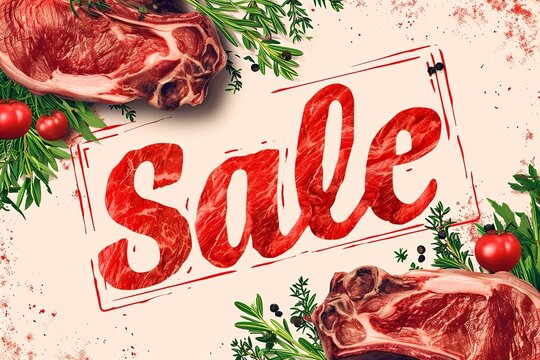Where Does Wagyu Steak Come From?
What is Wagyu Beef?
Wagyu beef is a highly prized and luxurious type of beef known for its exceptional tenderness, marbling, and rich flavor. The term “wagyu” translates to “Japanese cow,” with “wa” meaning Japanese and “gyu” meaning cow or beef. Wagyu cattle are a Japanese breed renowned for their genetic predisposition to produce high-quality beef with abundant marbling, which contributes to its exquisite taste and texture.
Origin of Wagyu Beef
Originating in Japan, wagyu beef is traditionally associated with regions like Hyogo Prefecture, home to the world-famous Kobe beef, and Gunma Prefecture, known for Tategi beef. These Japanese prefectures have stringent regulations and standards governing the rearing, feeding, and handling of wagyu cattle to ensure the highest quality of meat.
Wagyu Beef Beyond Japan: United States
In recent years, wagyu beef has gained popularity outside Japan, with the United States emerging as a prominent producer of this premium meat. American wagyu cattle are bred by crossing Japanese wagyu with other beef cattle, such as Angus, to create a hybrid that offers a balance of Japanese wagyu’s marbling and American breeds’ larger frame. Domestic wagyu production adheres to rigorous standards to maintain the hallmark traits of wagyu beef.
Wagyu Grading and Certification
Wagyu beef from Japan is graded based on the marbling, color, texture, and quality of the meat. The most prestigious grade is A5, denoting the highest degree of marbling and tenderness. American wagyu follows the standards set by the American Wagyu Association, which monitors the breeding, feeding, and processing practices to ensure consistency and excellence in quality.
Related Questions
1. How does the rearing process impact the quality of wagyu beef?
The rearing process plays a crucial role in the quality of wagyu beef. Japanese wagyu cattle are raised in a stress-free environment, fed a special diet that includes beer and rice straw, and given massages to enhance meat tenderness. The meticulous care and attention to detail contribute to the distinct marbling and unmatched flavor of wagyu beef.
2. What sets Japanese wagyu apart from American wagyu in terms of flavor and texture?
Japanese wagyu, like Kobe beef, is revered for its buttery texture, rich umami flavor, and delicate marbling created by a diet focused on quality grains and grass. In contrast, American wagyu offers a balance of Japanese wagyu’s marbling with the bolder beefiness of American breeds, resulting in a unique fusion of flavors and textures that cater to diverse palates.
3. Are there sustainability practices in place for wagyu cattle farming?
Some wagyu producers, both in Japan and the United States, have implemented sustainable farming practices to reduce environmental impact and promote animal welfare. This includes using renewable energy sources, optimizing water usage, and prioritizing pasture-raised cattle. By embracing sustainable initiatives, wagyu producers strive to preserve the integrity of the wagyu beef industry for future generations.
Outbound Resource Links:
1. History of Kobe Wagyu Beef
2. Japanese Wagyu vs. American Wagyu: What Is the Difference?
3. Sustainable Farming Practices in Wagyu Production
